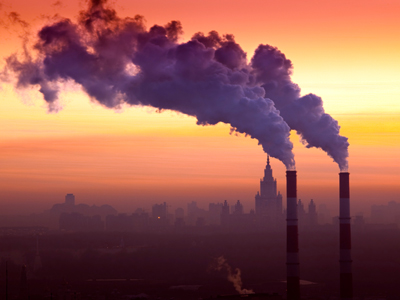
Chemistry - Fuels and Pollution (AQA)
Crude oil and other sources of fuel is one of the topics studied in GCSE Science. This is the third of six quizzes on that subject and it looks specifically at the pollution caused by fuels.
We have the Industrial Revolution to thank for the quality of life that we enjoy today. If it wasn't for fossil fuels, the Industrial Revolution would probably not have happened. Before the Industrial Revolution, charcoal was the main fuel. It is made by heating wood in conditions of low oxygen. As the Industrial Revolution got underway, more and more coal was needed to fuel steam engines and furnaces. The development of factories and improvements to the steam engines caused further increase in the demand for coal. In the middle of the 19th Century, oil lamps were still powered by whale oil which was very expensive. In Derbyshie, a scientist discovered how to distil a substitute, kerosene.
Ready for more?
not all...
quizzers. Try to win a coveted spot on our Hall of Fame Page.







